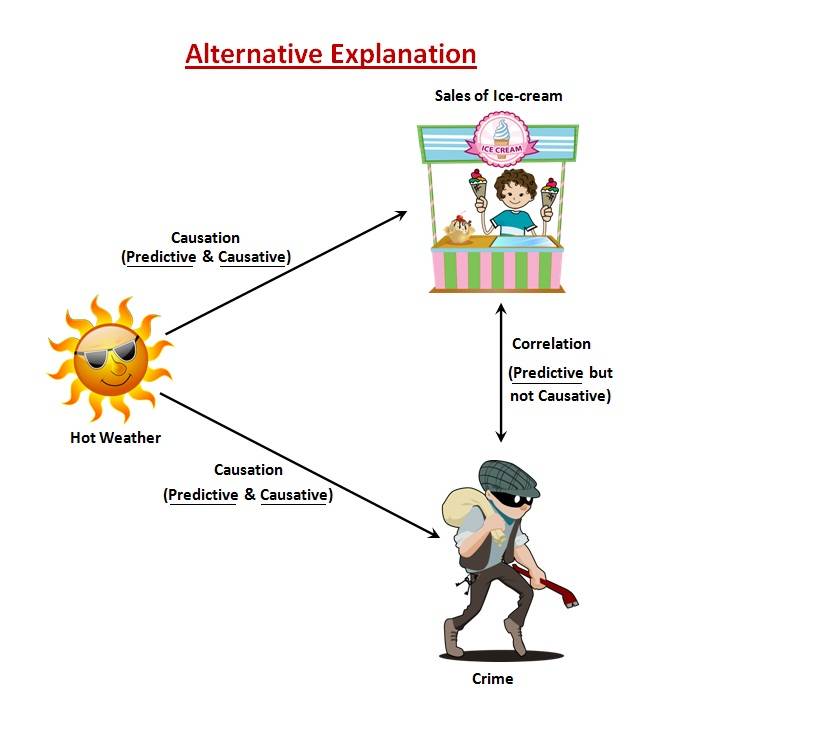
Difference between Correlation and Causation in Statistics
The term “correlation” should not be confused with “causation.” If two variables have a correlation, it cannot be assumed that a change… […]

The term “correlation” should not be confused with “causation.” If two variables have a correlation, it cannot be assumed that a change… […]
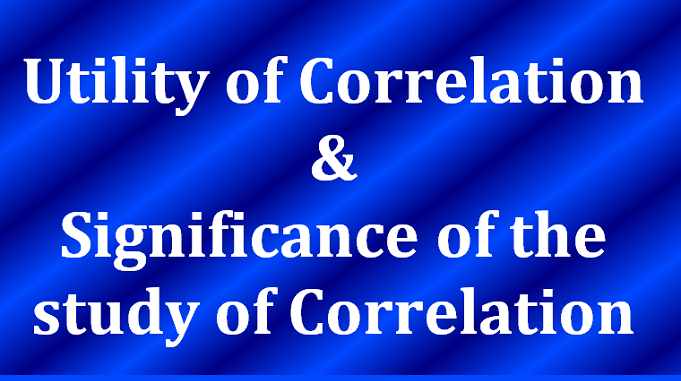
Once we know that the two variables are closely related, we can estimate the value of one variable given the value of another. […]

Important definitions of correlation, Correlation coefficient, Correlation analysis: Correlation is the relationship between variables… […]
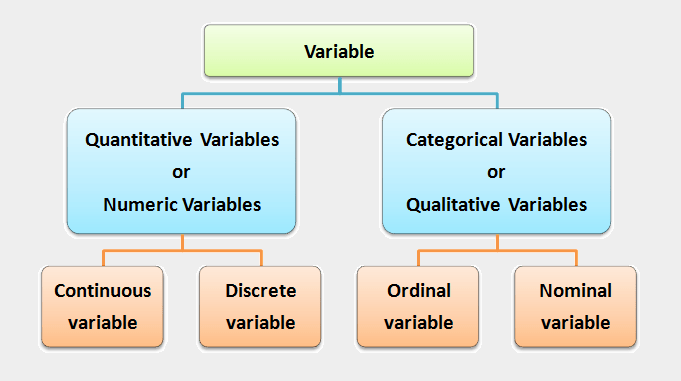
Categorical variables, often known as “Qualitative” variables, are variables that have names, symbols, labels or number codes, and may be classified into groups. […]

A quantitative variable is a variable that differs in quantity. Quantitative variables are classified as either discrete or continuous… […]

The term “variable” focuses on the fact that data values vary, that is, data values change throughout time. In statistics, there are almost dozens of different types of variables. […]
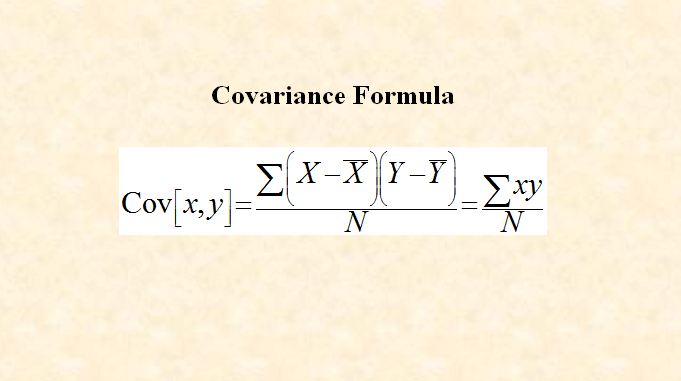
Measures of Relationship, Definition of Covariance, Covariance Formula, Units of Covariance, Types of Covariance: Positive … […]
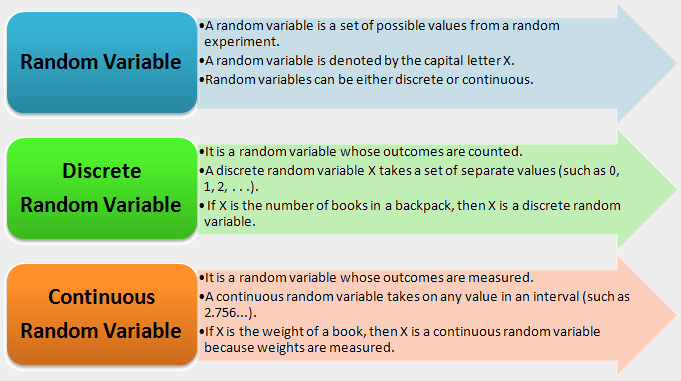
If a variable takes different values depending on the outcomes of a random experiment, it is said to be a random variable. There are two types of random variables: Discrete Random Variables, and Continuous Random Variables. […]
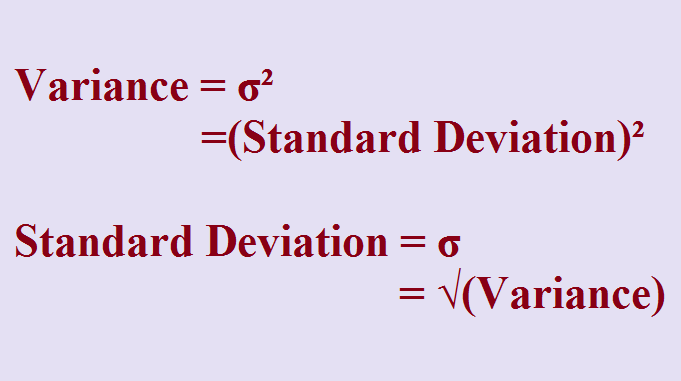
The square of standard deviation i.e. σ² is called ‘variance’ in statistics. The variance is the average of the squared differences … […]
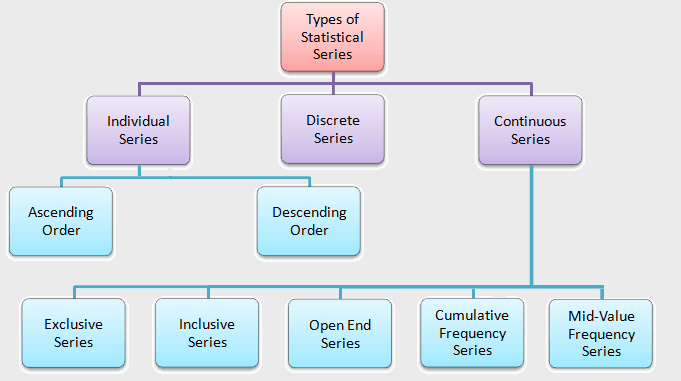
Cumulative frequency series is a kind of continuous series in which the frequencies corresponding to each class interval in the series are added continuously. In this series, […]
Copyright © 2019 - 2024 Prinsli.com - All rights reserved